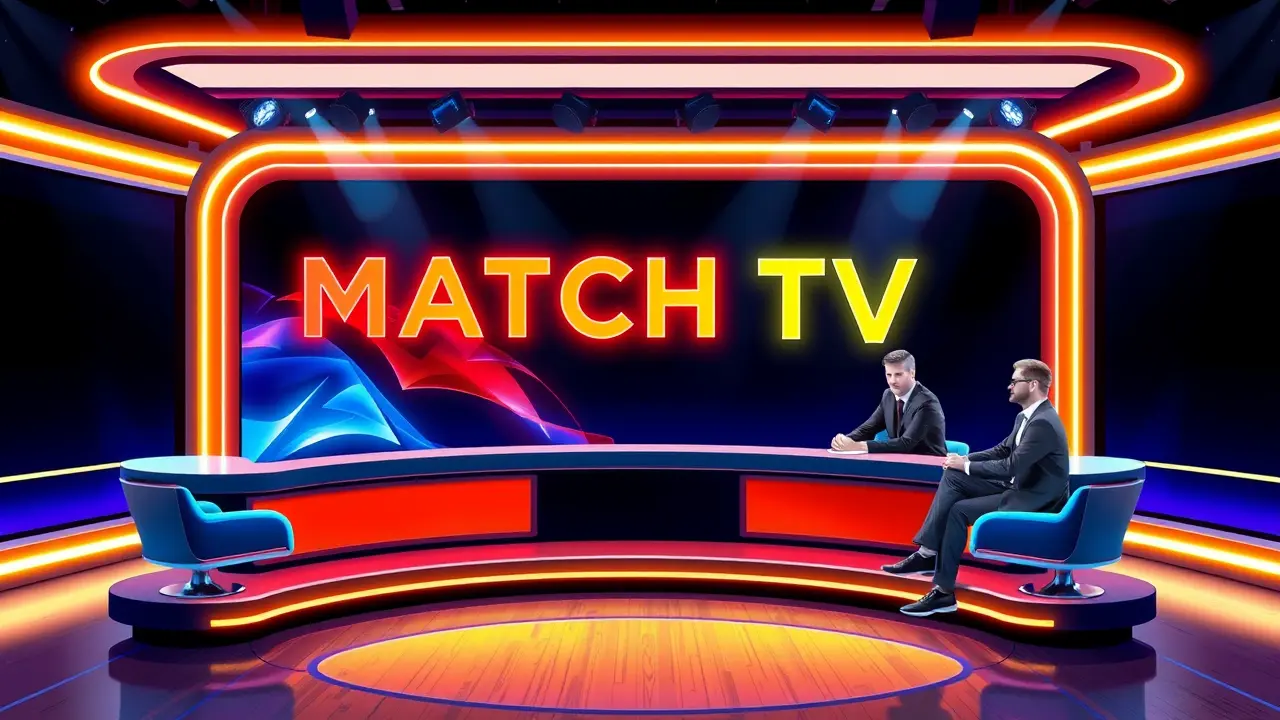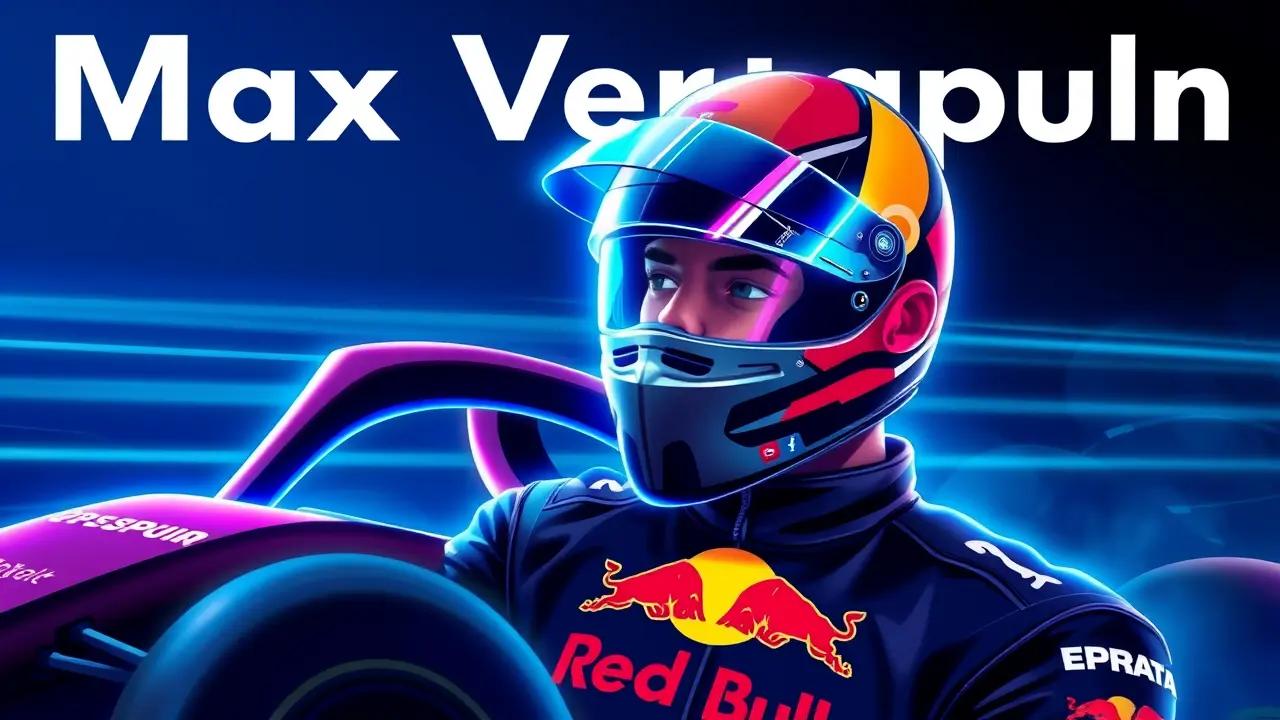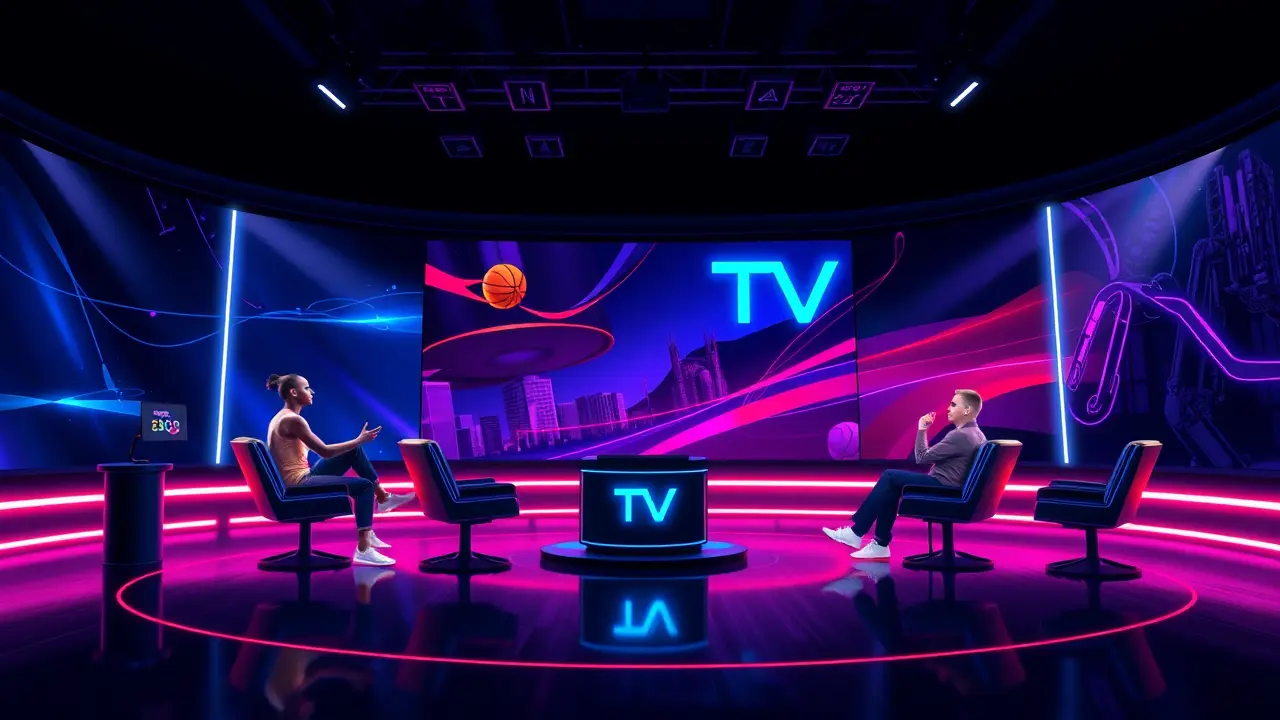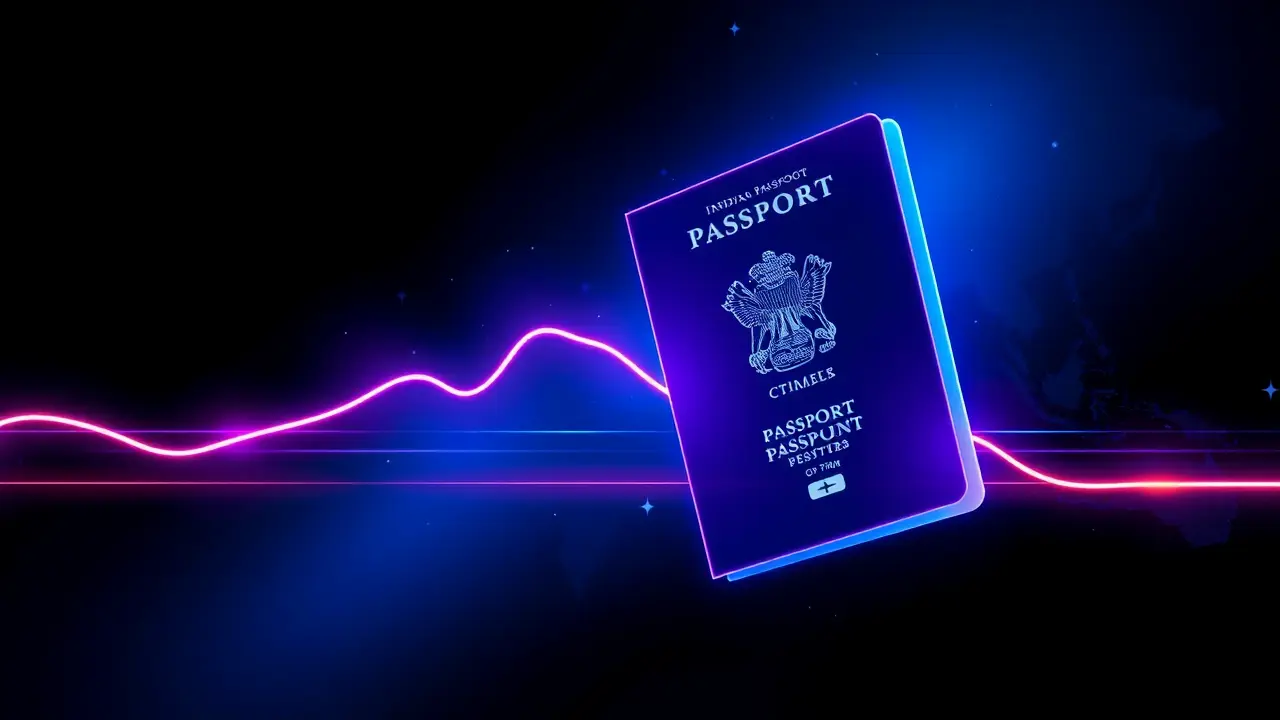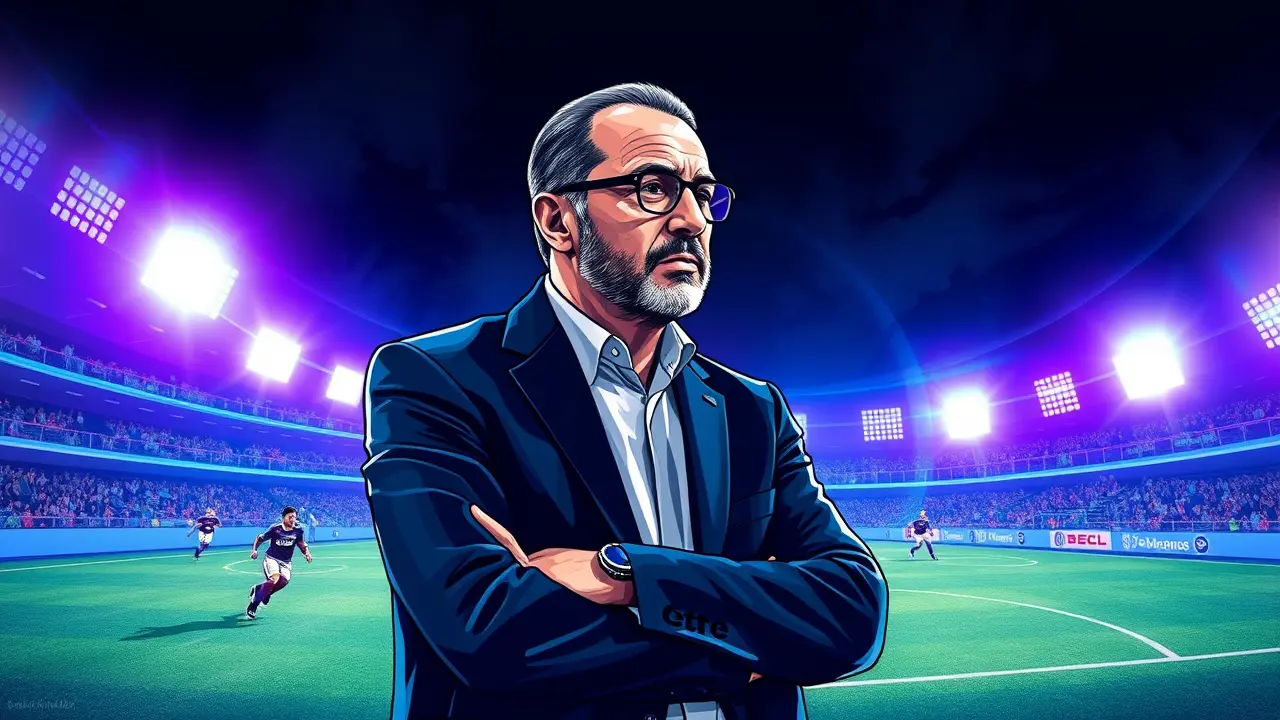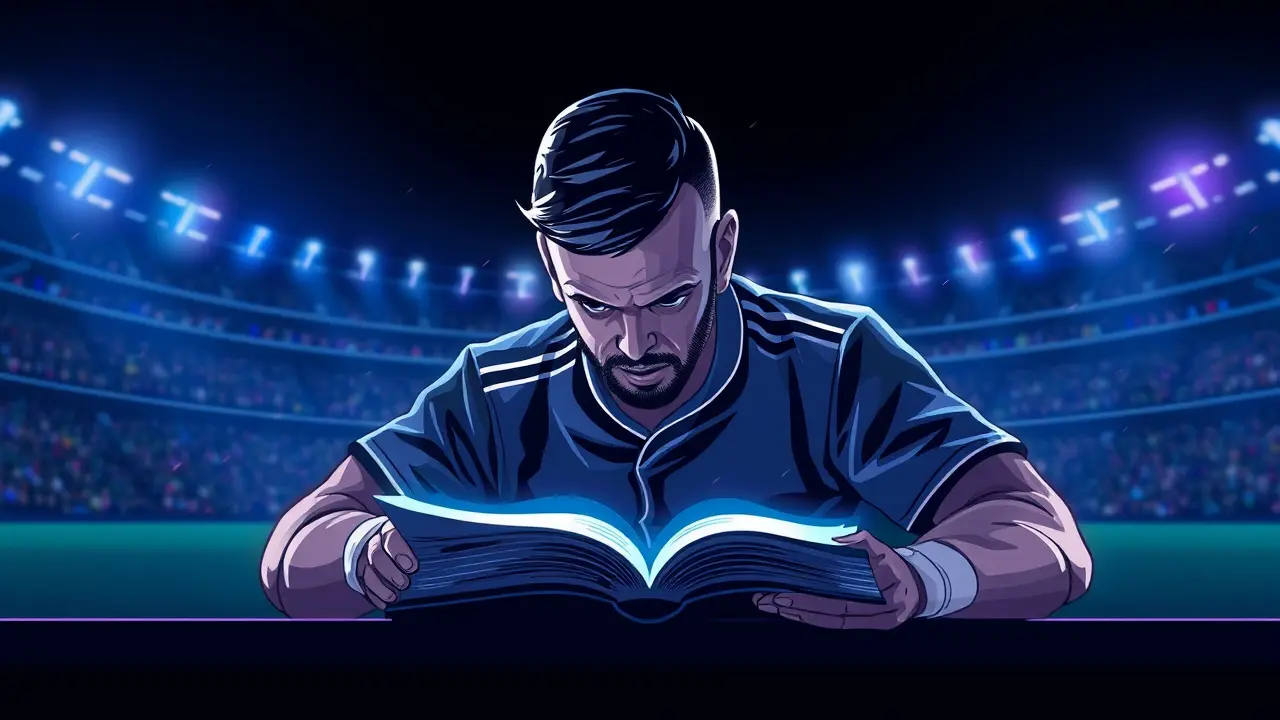
SportfootballTransfer Market
Russian sports minister proposes audiobooks for footballers voiced by commentators.
JA
Jack Turner
6 days ago7 min read2 comments
In a move that feels more like a tactical substitution than a bureaucratic directive, Russian Sports Minister Mikhail Degtyarev is doubling down on his ambitious play to get the nation's footballers reading, with a fascinating new proposal emerging from the Russian Association of Sports Commentators (RASK) to have the country's top commentators narrate audiobooks for players. This initiative follows Degtyarev's earlier revelation of plans to develop a specific list of recommended literature for young players, a policy that immediately drew both intrigue and skepticism from within the football world.The man bringing the audio play to the table is RASK Chairman Alexey Yefimov, who revealed that after the minister's initial call for reading, he suggested that the nation's best commentators—the very voices that narrate the drama and glory on the pitch each week—should lend their iconic tones to voicing works of fiction, creating a bespoke library of audiobooks. 'This idea appealed to him very much,' Yefimov noted, signaling a green light for a project that sits at the curious intersection of high culture and high-stakes sport.The immediate backlash, however, came from a voice of pure, unvarnished footballing experience: former Russian international Alexander Mostovoy, who delivered a blistering counter-attack that cut to the heart of the footballing ethos. 'The greatest footballers have read 2-3 books maximum, believe me,' Mostovoy stated with the blunt authority of a veteran who has shared locker rooms with legends.'Why force it? We have many foreigners—what do we do with them?' His comments lay bare the fundamental cultural clash at play here—the intellectual aspirations of a state-level ministry versus the gritty, often anti-intellectual, reality of professional football culture, a world where instinct, repetition, and raw talent have traditionally trumped literary pursuits. This isn't the first time a sports governing body has tried to inject cerebral pursuits into an athlete's regimen; recall the English FA's long-standing, though often mocked, emphasis on player education and media training, or the NBA's player development programs that include financial literacy and personal branding.Yet, the Russian approach is uniquely top-down and explicitly tied to national culture, echoing Soviet-era traditions where athletes were seen as ambassadors of a broader ideological and intellectual project. The choice of commentators as narrators is a masterstroke of contextual integration; these are the trusted voices that already frame the narrative of the game for millions, providing the soundtrack to triumphs and heartbreaks.By having them narrate classic Russian literature or modern psychological thrillers, the ministry is attempting to create a seamless bridge from the stadium to the study, making the act of 'reading' feel less like a chore and more like an extension of the game's own storytelling. Imagine a young winger, listening to the same voice that screamed his name after a Champions League goal, now calmly guiding him through the psychological depths of Dostoevsky's 'Crime and Punishment' or the strategic lessons of Sun Tzu's 'The Art of War'—the potential for engagement is undeniable.From an analytical standpoint, the potential benefits are multifaceted: improved concentration, enhanced tactical understanding through narrative structures, and better media performance by expanding vocabulary and emotional intelligence. The great Dutch visionary Johan Cruyff often spoke of football as being played in the brain first, and this initiative, in its own quirky way, attempts to train that very muscle.However, the obstacles are just as pronounced, as Mostovoy correctly highlighted. The modern dressing room is a globalized space, a Babel of languages and cultures where a state-mandated reading list in Russian, even in audio form, could be met with bewilderment or outright resistance from foreign stars on lucrative contracts.The logistical challenge of curating a list that is both meaningful and appealing to a 20-year-old prodigy from Brazil or a veteran defender from Belgium is immense. Furthermore, the very nature of elite sport, with its relentless travel, intense training schedules, and constant pressure to perform, leaves little mental space for the quiet contemplation required for serious literature.The initiative raises profound questions about the role of the modern athlete: are they merely performers of physical excellence, or should they be cultivated as well-rounded intellectuals and cultural figures? The success of this program will ultimately depend on its execution—whether it's presented as a voluntary tool for personal growth or a compulsory measure that feels like homework. If it's the former, it could quietly produce a generation of more articulate, thoughtful players; if it's the latter, it will join a long list of well-intentioned but ultimately ignored directives. The beautiful game has always been a reflection of the society it inhabits, and this push for literary footballers is a fascinating snapshot of Russia's contemporary ambitions, where sporting success is increasingly seen as inseparable from cultural and intellectual development.
#featured
#Russian football
#sports commentary
#Mikhail Degtyarev
#Alexey Yefimov
#Alexander Mostovoy
#youth development
#audiobooks
#reading initiative
Stay Informed. Act Smarter.
Get weekly highlights, major headlines, and expert insights — then put your knowledge to work in our live prediction markets.
Related News
© 2025 Outpoll Service LTD. All rights reserved.


